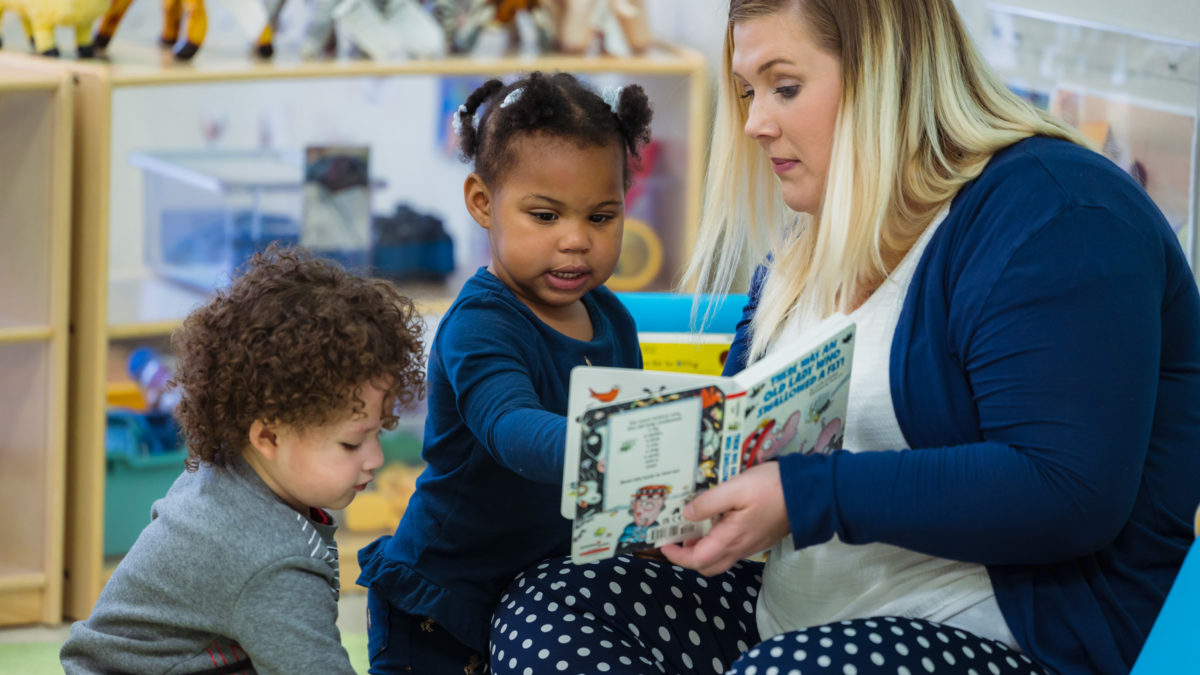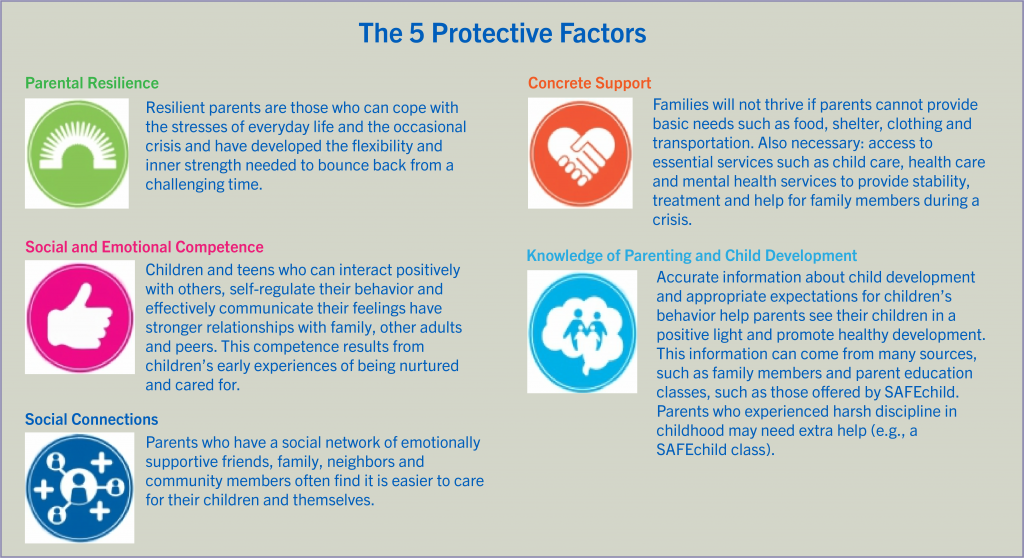Stories Every Day!

Stories.
What stories would you write for your own children? Would they be filled with love and adventures, happiness and security?
Of course they would.
But sometimes those stories do have struggles or those “less than great” moments.
All stories do!
We know these things will happen- arguing with their best friend, not getting chosen for the team, moving to a new neighborhood, failing a big test.
This is where we can really make a difference!
Every time we take part of our day and read aloud with our children, we are giving them so much more than a story.
When we read aloud with our children, we are strengthening our relationships. We are showing them that we value them and make them a priority of our time. Studies show that children who have strong, supportive relationships are better able to deal with life’s rough spots. Those connections give them someone to turn to.
When we read aloud, we model “serve and return”- that beautiful partnership of listening and talking. Those conversations about bears or trucks, farmers or firefighters in books grow into talks about things happening in our children’s lives as they get older. Children learn to build and use open communication by practicing it with you- every day.
When you read aloud, you can pause and talk about how the characters feel, how your children would feel, what could they do, etc. Sometimes it’s easier to develop emotional understanding through a story than when your children are facing hard situations. They develop their social-emotional capacity along the way. (Please see the Five Protective Factors graphic.)
I hope you notice what all these final paragraphs start with….”When you read aloud…”
With those stories, you make that difference, that connection.
Make reading part of your child’s every day!
Happy Reading!
Lisa Davis
Early Literacy Coordinator

April is National Child Abuse Prevention Month:
-If you’d like more information about reading to your children to create a bonding experience, please go to
https://preventchildabuse.org/resources/reading-to-your-children/
-For more information from Prevent Child Abuse NC, please read this article on the Five Protective Factors:
https://www.preventchildabusenc.org/resource-hub/protective-factors/
-For more information about the importance of parent engagement to ensure child success in school, go to
https://gradelevelreading.net/wp-content/uploads/2024/03/AECF-Early_Warning_Full_Report-2010.pdf
